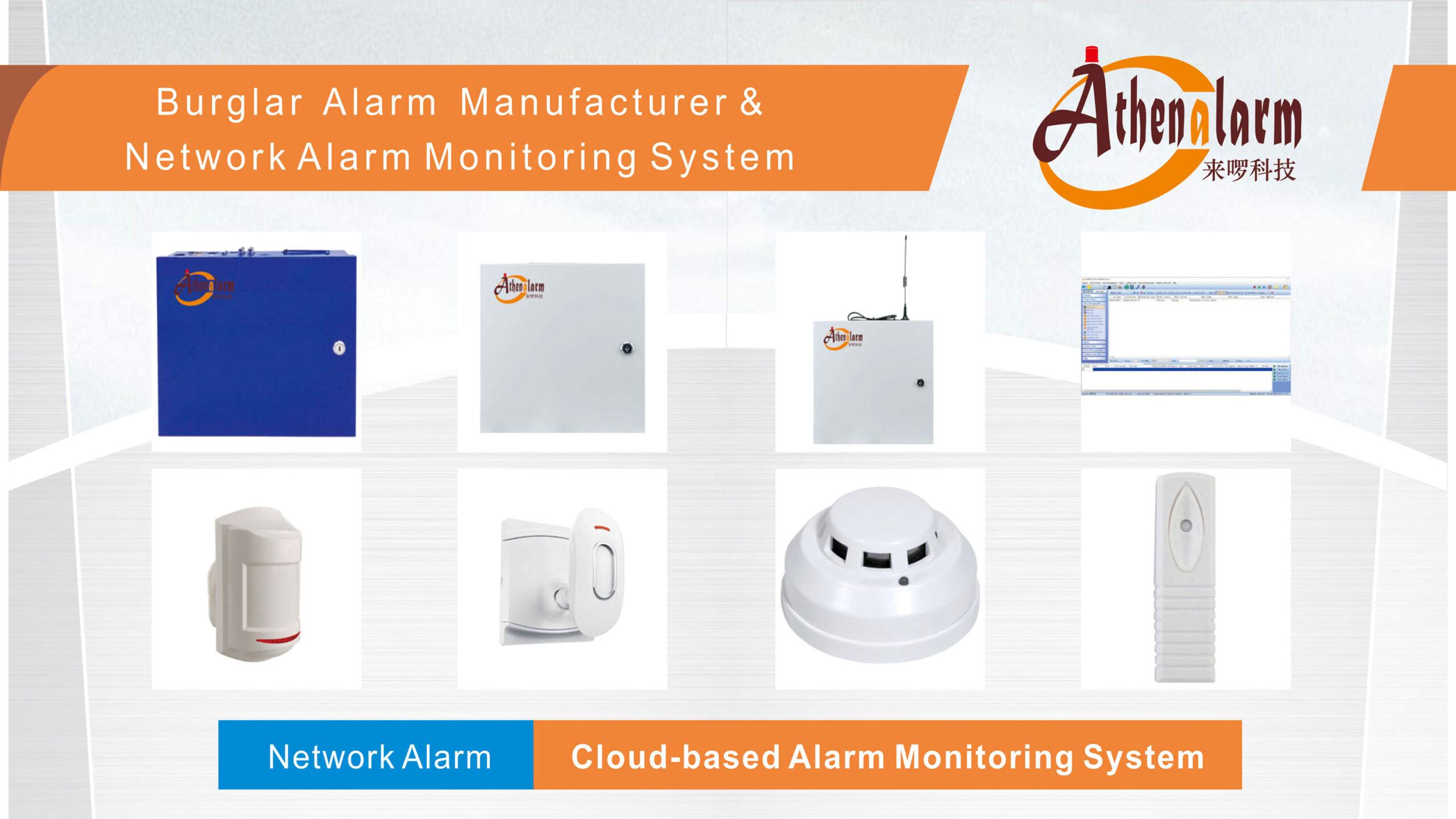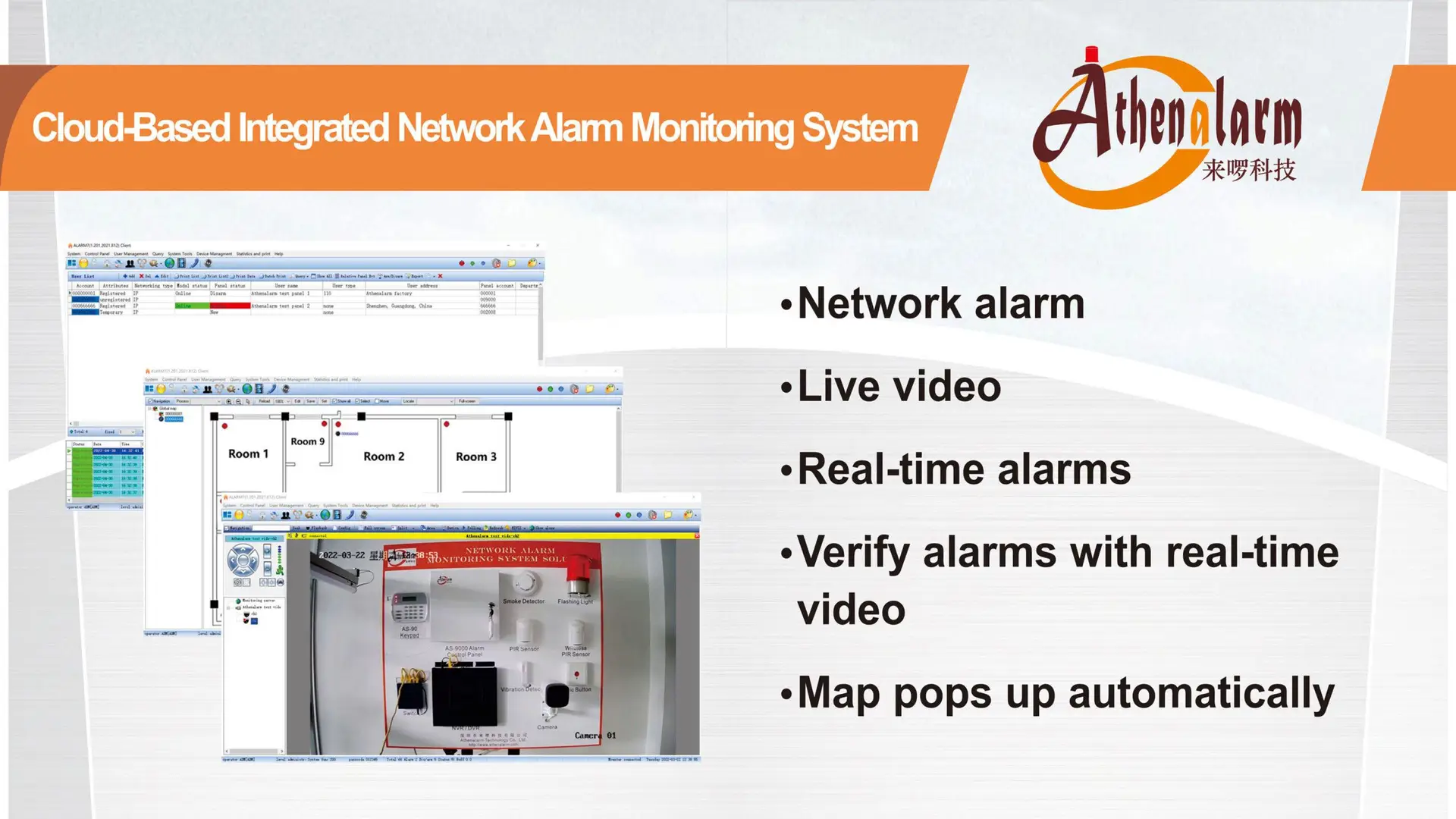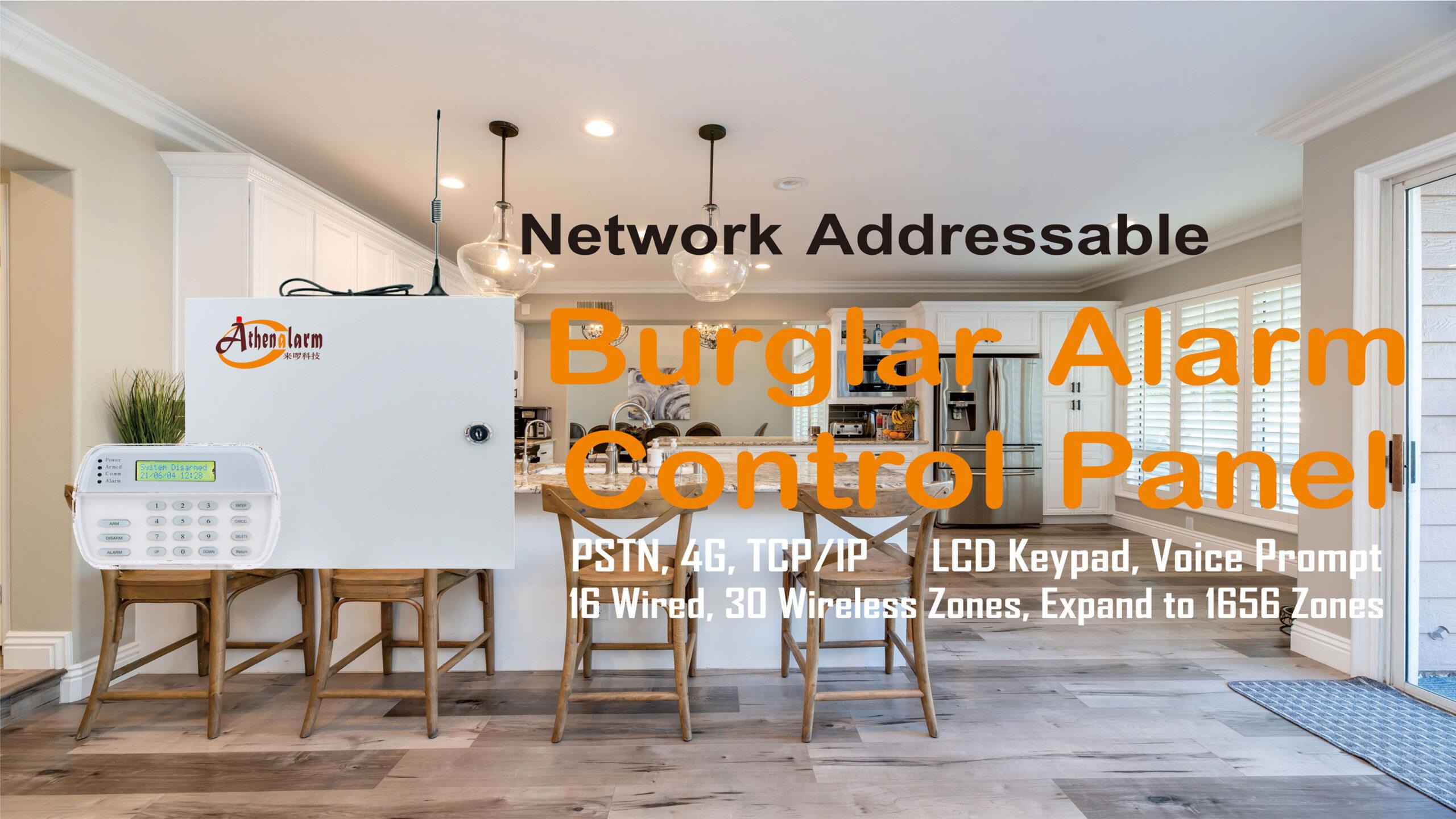



6 Precautions for Selecting a Home Security System
1 Has it passed national certification
The home security system utilizes fully automatic anti-theft electronic devices to detect illegal intrusion behavior or various gas leaks and other dangerous situations through electronic infrared detection technology and various magnetic switches in unmanned areas. It alarms on site through alarm signals or lights, and transmits the alarm signal to the alarm monitoring center or the user through the public switching telephone network. At the same time, in case of an emergency at home, emergency messages can also be sent to users or community network alarm monitoring centers through various wired and wireless panic buttons or keypads.
So, the safety performance parameters of security alarm products are crucial, and generally speaking, every country will have strict inspections and controls on this. Security alarm products that have not obtained national certification are prohibited from being sold and used.
2 Do it have quality assurance with low false alarm commitment
As a high-tech product, the security system requires quality as a backing even if its functions are complete. Quality is the key to selecting a home security system.
The home security system is mainly composed of an intelligent alarm system consisting of an alarm control panel and detectors. In the event of theft, robbery, fire, gas leakage and other dangerous situations, signals are emitted through magnetic, infrared, microwave, smoke, gas and other detectors, and the alarm control panel receives them and makes corresponding responses. The alarm functions of different products vary, but any product requires the joint action of the alarm control panel and detector to accurately prevent theft, otherwise false alarms will occur.
So, what are the reasons for false positives? Ultimately, it comes down to product quality. From the perspective of manufacturers, high-quality products must possess advanced software and hardware technologies, as well as advanced and mature production testing processes and equipment, in order to ensure product stability and reliability.
3 Is there a backup power supply that can work normally for 24 hours after a power outage
The alarm control panel is a relay station that receives detector signals and sends alarm signals. If the alarm control panel stops working, it means that the entire security system loses its function and is virtually useless. From the working principle of the alarm control panel, the power supply directly affects the normal operation of the alarm control panel. All alarm control panels operate normally under the power supply mode of an external power source. If there is a power outage or if the thief intentionally cuts off the power supply, it is crucial to have a backup power supply that can provide continuous, stable, and uninterrupted power.
So how long is the most suitable backup power source that can work without power? From the perspective of actual usage and working principle, an alarm control panel with a backup power supply that can work continuously for 24 hours after a power outage can play a role in security system. If the backup power supply can continue to work for 24 hours after a power outage, it can effectively prevent excessive consumption caused by repeated power outages and various intentional and accidental line interruptions, providing sufficient guarantee for users to restore alarm power.
4 Does it have wireless forwarding alarm function for preventing damage and cutting wires
In the market, except for GSM alarm control panels that do not require landlines, other alarm control panels generally require the use of specific telephone communication lines, which creates a hidden danger of security systems – what can we do if the telephone line is cut or malfunctions? The wireless forwarding function of the alarm control panel has emerged, solving the problem of normal operation of the alarm control panel after the telephone line is damaged.
Taking the wireless alarm control panel as an example, in the armed state, the alarm control panel is equipped with a wireless forwarding function. When the telephone line is cut or the telephone line fails, the alarm control panel will immediately activate the wireless forwarding function, and immediately wirelessly transmit the originally set phone number to another alarm control panel. The other control panel will immediately dial the phone number on behalf of the alarm control panel, realizing the automatic alarm function of disconnection and ensuring that the security system is foolproof.
5 Does it have the function of automatic fault detection and prevention of false alarms
The primary purpose for users to select a home security systems is to prevent theft, but they will not encounter theft and other dangerous situations every day. Will the security system work properly after a long period of no alarm? How can we clearly and concisely determine whether the security system is working properly? These are all factors that users need to consider when choosing a security system. This requires the security system to have automatic fault detection function to prevent false alarms from occurring.
And the fault self-test is not a unilateral self-test by the detector or alarm control panel, but a mutual detection between the detector and the alarm control panel. For example, if the detector in the security system sends a normal code signal to the alarm control panel every 12 hours, and the alarm control panel can receive the normal code signal from the detector within 48 hours, it proves that the detector is working normally. On the contrary, the alarm control panel will display a fault prompt, allowing users to perform system checks in order to achieve safe and effective system operation.
6 Does it have home appliance control function
Smart home systems utilize advanced technologies such as computers, network communication, and automatic control to organically integrate various application subsystems related to home life. Through comprehensive management, they make home life more comfortable, safe, effective, and energy-efficient. Being able to transform a batch of previously passive and stationary home devices into intelligent tools, optimizing people’s lifestyles, helping them effectively manage time, enhancing the safety of family life, and saving energy costs for families.
In recent years, smart home systems have begun to enter more and more households, but due to the fact that pure home intelligence products are still relatively expensive, many families are deterred. And security systems with home intelligence functions have become a hot topic for users to choose from.
